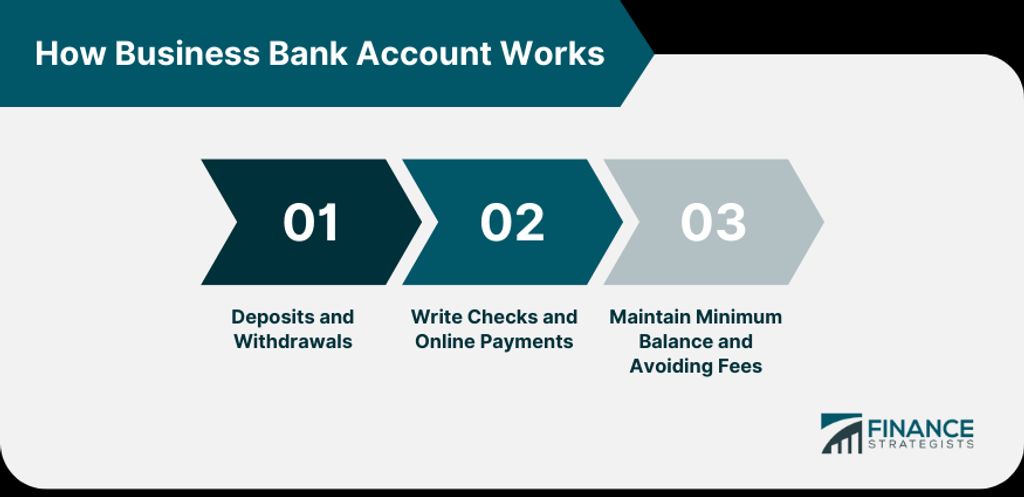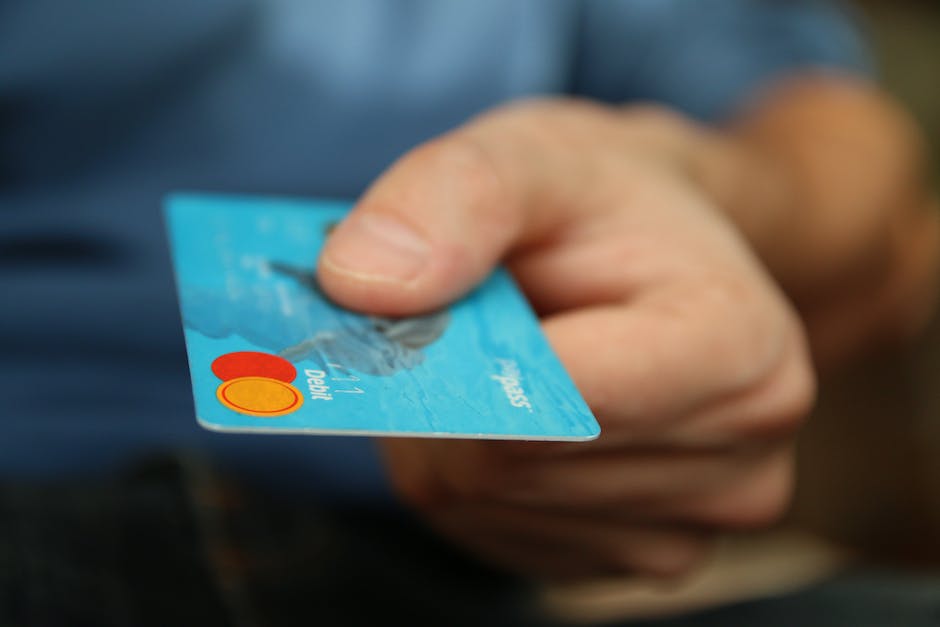Getting a merchant account is crucial for businesses to accept and process credit card payments. However, many businesses face the frustrating experience of having their merchant account applications denied. In this article, we will explore the common reasons why merchant accounts are denied and provide solutions to overcome these challenges.
Key Takeaways
- Insufficient credit history can lead to a denied merchant account. Building a strong credit history is essential.
- Operating in a high-risk industry can increase the chances of merchant account denial. Mitigating risk factors is important.
- Poor financials, such as low revenue or excessive chargebacks, can result in a denied merchant account. Improving financials is necessary.
- Building a strong credit history is a solution to overcome a denied merchant account.
- Mitigating risk factors, such as implementing fraud prevention measures, can increase the chances of approval for a merchant account.
Reasons for Denied Merchant Accounts

Insufficient Credit History
In the digital age, having a strong credit history is crucial for businesses. It not only helps establish trust with financial institutions but also plays a significant role in determining the merchant account approval. Without a solid credit history, it can be challenging to convince payment processors to take a risk on your business. Building a strong credit history should be a priority for any business looking to obtain a merchant account. This can be achieved by maintaining a good payment history, paying bills on time, and keeping credit utilization low.
High Risk Industry
In a high risk industry, merchant processors may be hesitant to approve merchant accounts due to the increased potential for chargebacks and fraud. This can make it challenging for businesses operating in these industries to find a suitable payment processing solution. However, there are steps that can be taken to mitigate the risk factors associated with high risk industries and increase the chances of obtaining a merchant account.
Poor Financials
When it comes to merchant account applications, having poor financials can be a major roadblock. Maximizing Your Business revenue and profitability is crucial for demonstrating financial stability to potential payment processors. Without a strong financial track record, it can be challenging to convince them that your business is a low-risk investment. However, there are steps you can take to improve your financial standing and increase your chances of getting approved for a merchant account.
Solutions for Denied Merchant Accounts

Build a Strong Credit History
Building a strong credit history is crucial for obtaining a merchant account. Credit history is a record of your past financial behavior, including your payment history, credit utilization, and length of credit history. Lenders and financial institutions use this information to assess your creditworthiness and determine the level of risk associated with providing you with a merchant account.
To pick the best high-risk payment gateway, it is important to have a solid credit history. Here are some steps you can take to build a strong credit history:
- Pay your bills on time: Late payments can have a negative impact on your credit score. Make sure to pay your bills, including credit card bills, on time.
- Keep your credit utilization low: Credit utilization is the percentage of your available credit that you are using. Aim to keep your credit utilization below 30%.
- Maintain a mix of credit: Having a mix of different types of credit, such as credit cards, loans, and mortgages, can demonstrate your ability to manage different financial responsibilities.
By following these steps, you can improve your credit history and increase your chances of getting approved for a merchant account.
Mitigate Risk Factors
When it comes to mitigating risk factors, it is important for high-risk businesses to be proactive and address any potential red flags. Here are some steps that can be taken to minimize risk:
- Conduct thorough background checks on customers and suppliers to identify any suspicious activities.
- Implement robust fraud prevention measures, such as multi-factor authentication and address verification.
- Regularly monitor transactions and look out for any unusual patterns or high-risk indicators.
- Stay updated on industry regulations and compliance requirements to ensure adherence.
By taking these precautions, high-risk businesses can reduce the likelihood of encountering issues and maintain a secure payment environment for both merchants and customers.
Improve Financials
Improving financials is crucial for obtaining a merchant account. It demonstrates our ability to manage funds responsibly and instills confidence in payment processors. Here are some steps we can take to improve our financials:
- Reduce expenses: Analyze our expenses and identify areas where we can cut costs without compromising the quality of our products or services.
- Increase revenue: Explore opportunities to generate more revenue, such as expanding our customer base or introducing new products or services.
- Manage cash flow: Implement effective cash flow management strategies to ensure we have enough funds to cover expenses and meet financial obligations.
- Pay off debts: Prioritize paying off outstanding debts to improve our creditworthiness and reduce financial liabilities.
- Build a financial reserve: Set aside a portion of our revenue as a financial reserve to handle unexpected expenses or emergencies.
By implementing these measures, we can strengthen our financial position and increase our chances of obtaining a merchant account.
Conclusion
In conclusion, being denied a merchant account can be a setback for businesses. However, by understanding the common reasons for denial and implementing the appropriate solutions, businesses can overcome these challenges and improve their chances of obtaining a merchant account. Building a strong credit history, mitigating risk factors, and improving financials are key steps to take in order to increase the likelihood of approval. By following these strategies, businesses can position themselves for success in the merchant account application process.
Frequently Asked Questions
What is a merchant account?
A merchant account is a type of bank account that allows businesses to accept payments from customers via credit or debit cards.
Why would a merchant account application be denied?
There are several reasons why a merchant account application may be denied, such as insufficient credit history, being in a high-risk industry, or poor financials.
How can I build a strong credit history for my business?
To build a strong credit history for your business, you can start by establishing trade credit with suppliers, paying bills on time, and maintaining low credit utilization.
What are some risk factors that may lead to a denied merchant account?
Some risk factors that may lead to a denied merchant account include operating in a high-risk industry, having a high chargeback ratio, or having a history of fraudulent activity.
What can I do to mitigate risk factors for my merchant account?
To mitigate risk factors for your merchant account, you can implement fraud prevention measures, monitor chargeback ratios, and maintain good customer service.
How can I improve the financials of my business?
To improve the financials of your business, you can focus on increasing revenue, reducing expenses, and managing cash flow effectively.








